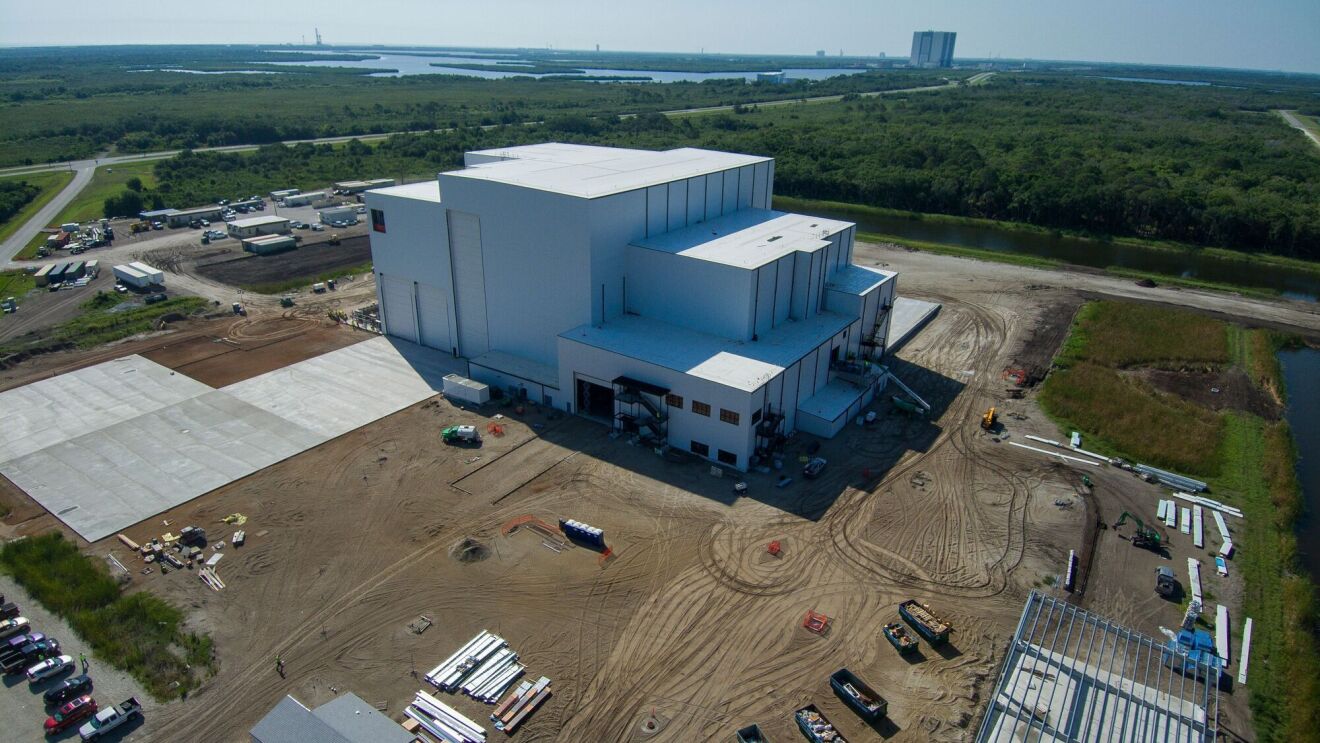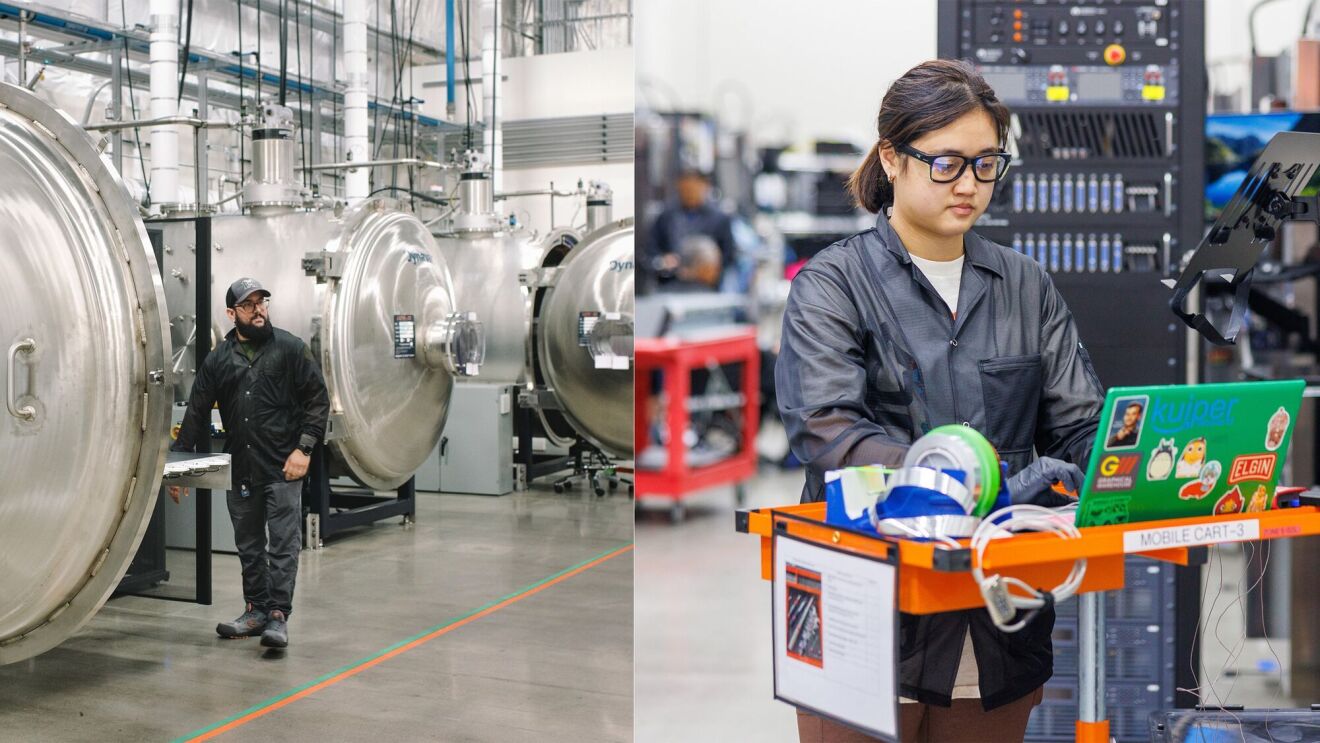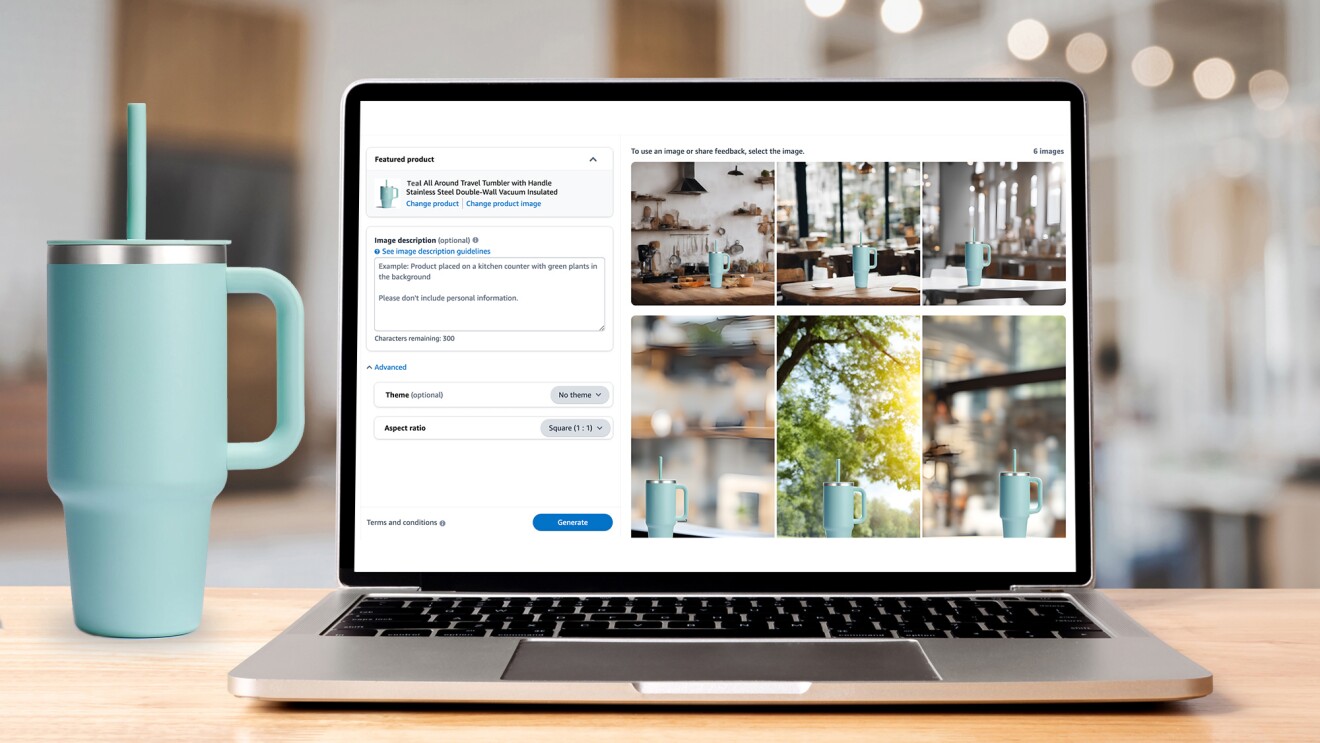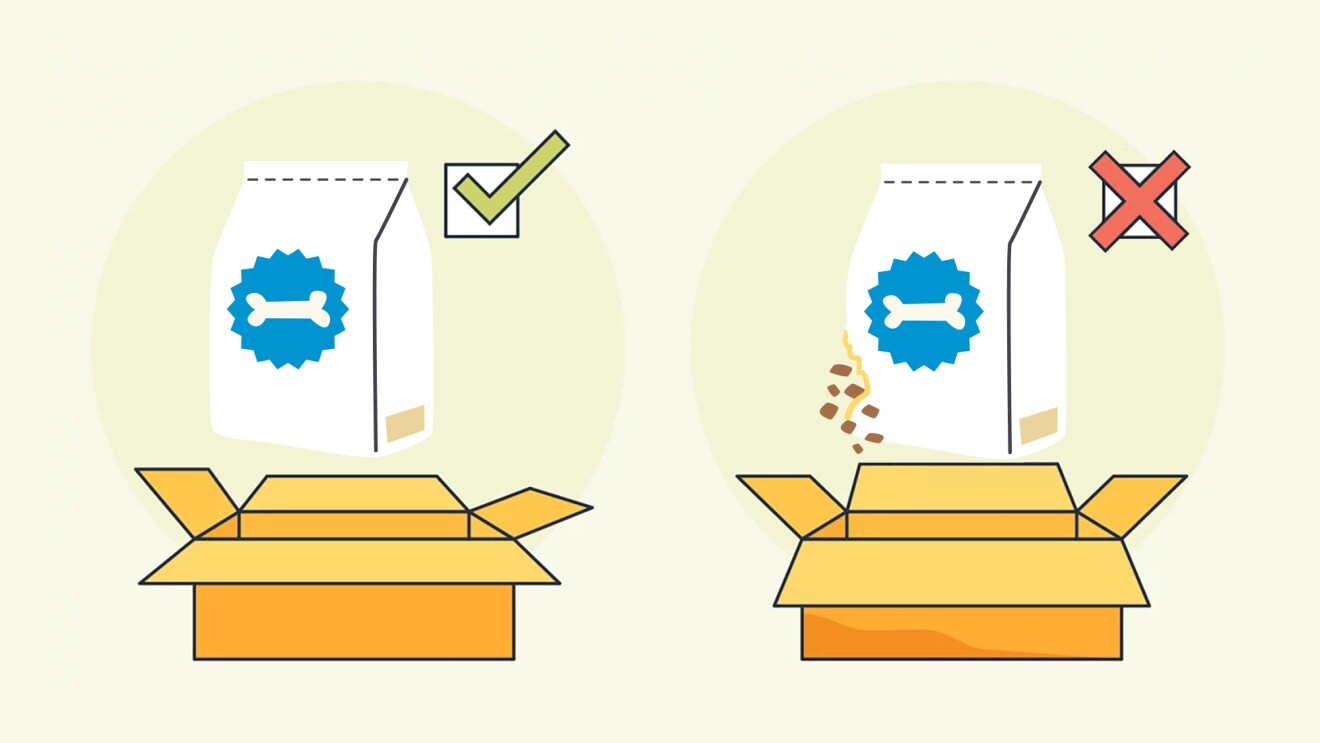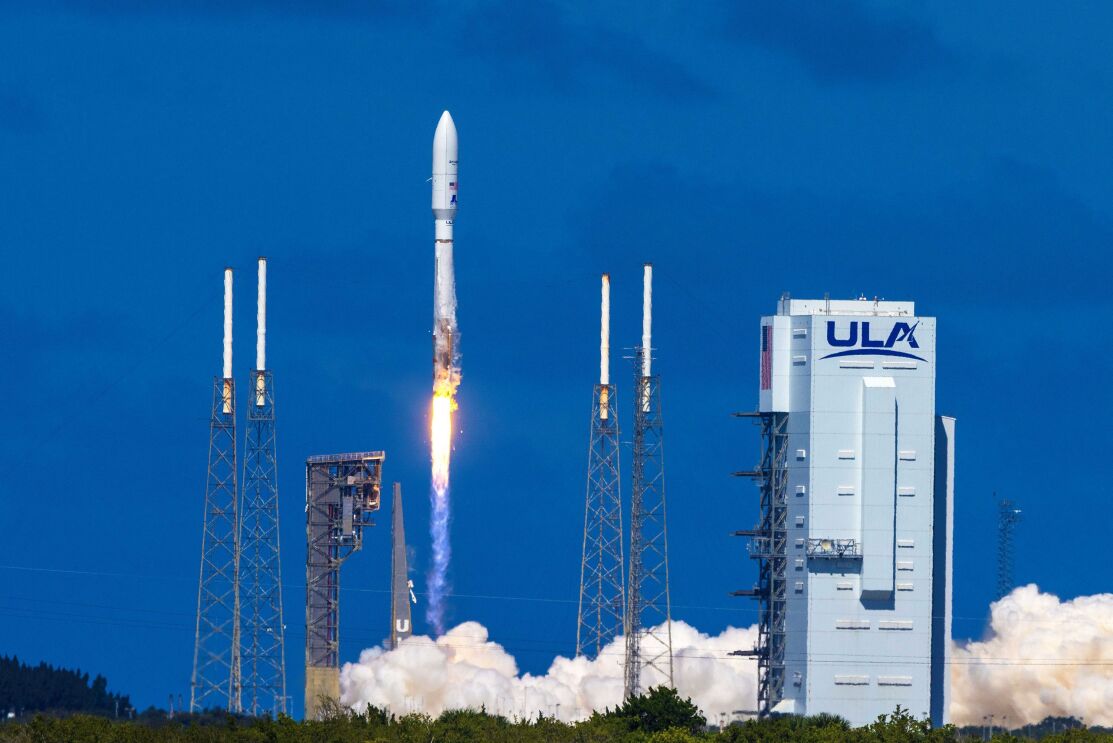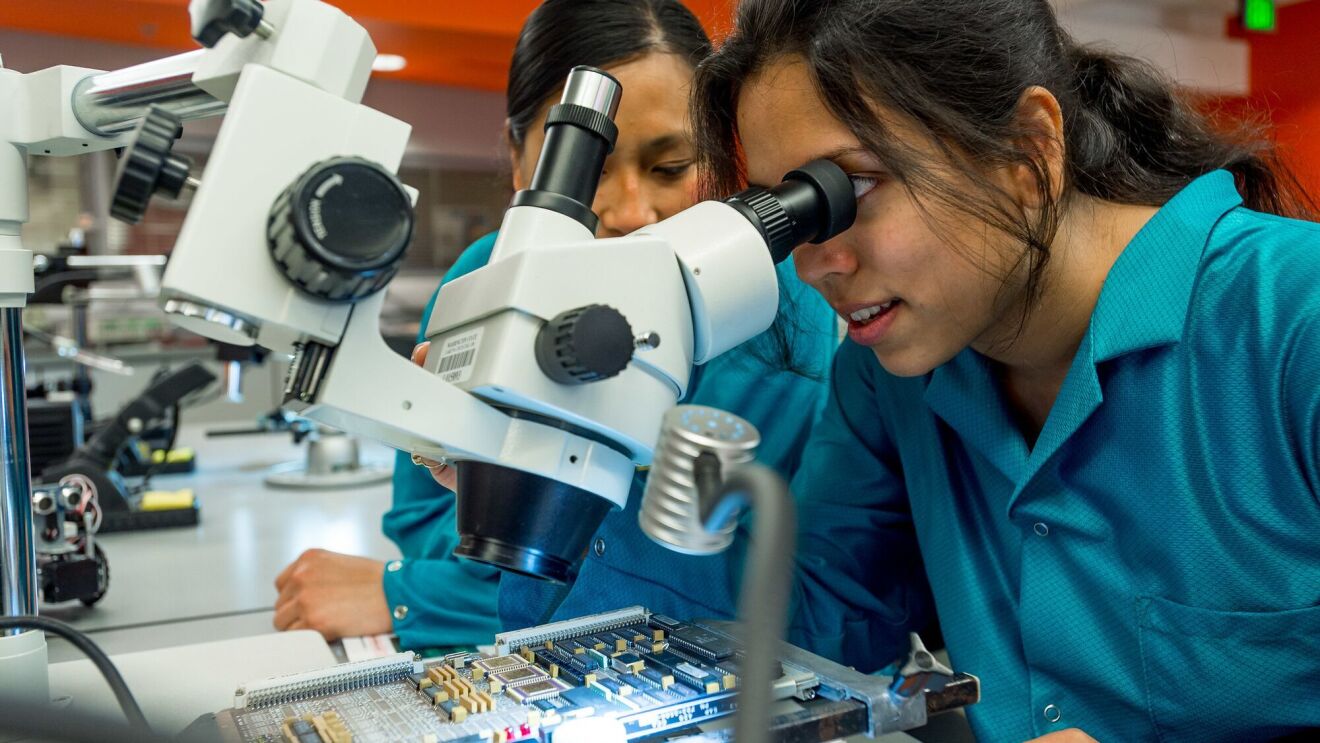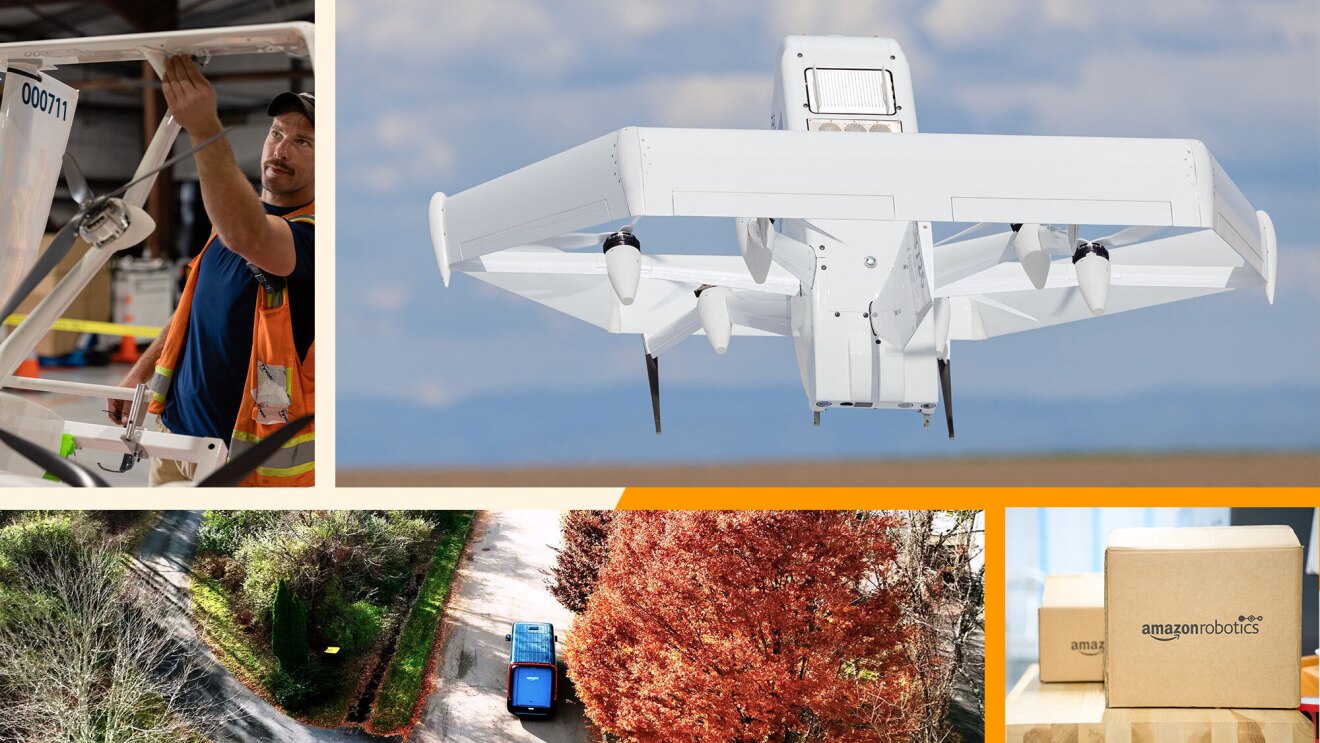Amazon’s Project Kuiper is entering a new chapter in its mission to help bridge the digital divide by providing reliable, high-speed internet connectivity to communities around the world. Thanks to a new distribution agreement, DIRECTV Latin America and Sky Brasil—part of Vrio Corp.—will use Project Kuiper’s low Earth orbit (LEO) satellite broadband network to offer connectivity services directly to households across Argentina, Brazil, Chile, Colombia, Ecuador, Peru, and Uruguay.
The availability of reliable internet connectivity varies dramatically across South America. The World Bank estimates that more than 200 million people on the continent still lack access to the internet. Challenging geography, lack of infrastructure, and high costs to install traditional connectivity technology can all keep high-speed internet service out of reach for countless communities. The impact of that disconnect is deep, causing residents to miss out on opportunities in education, commerce, healthcare, and more, but also keeping the rest of the world from experiencing the unique cultures, wisdom, and creativity that exist in these communities.
Project Kuiper aims to address that digital divide with our LEO satellite network. The Kuiper network overcomes the challenges posed by difficult terrain and remote locations by sending data to and from satellites traveling through space, rather than using traditional technology like fiber optics that requires extensive ground infrastructure to serve new areas. This means that it will be possible to rapidly extend connectivity across entire countries.

Digital equity for rural communities
As Project Kuiper prepares to begin rolling out service around the world, we’re taking steps to better understand customers’ unique circumstances. Members of our team visited communities in South America to hear firsthand what good connectivity services would look like to them and discuss how gaining reliable, affordable internet access could open up opportunities. We summarized some of their thoughts below, describing four areas where reliable connectivity could have a big impact.

Education
By increasing internet availability, access to educational opportunities would no longer be limited by geography or what can be found in textbooks. Connecting communities with the internet means students and educators can take courses or earn degrees online; parents, teachers, and schools can use online tools and education software to support their children’s learning; and students can share their knowledge back with their communities.
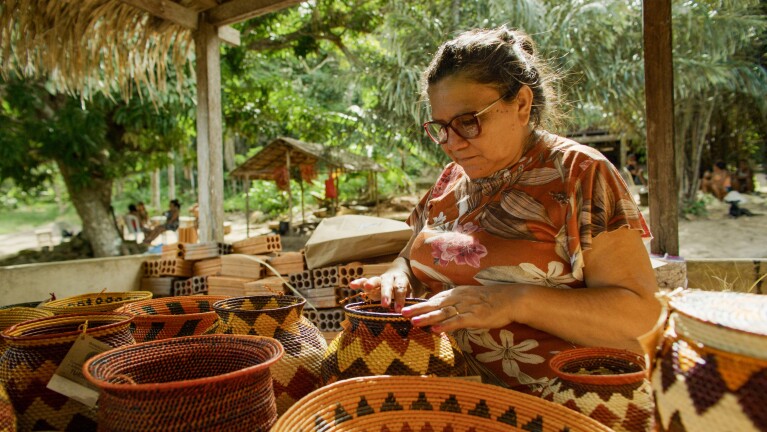
Economic opportunity
Businesses of all sizes can benefit from increased internet access, from helping to expand their customer base through e-commerce to digital tools such as banking and advertising that support growth. For example, tourism is a primary source of income for many communities—including the sale of crafts, food, and experiences—but the lack of reliable internet connectivity hinders businesses’ ability to market their services and share their culture with the world.
Improving internet access would facilitate bookings and transactions, and enable business owners to reliably and efficiently manage their operations. Helping businesses thrive locally also means that residents may not have to leave their hometowns to seek jobs and opportunities, and that can help keep local cultures intact.

Healthcare
Lack of connectivity can have major impacts on healthcare availability and outcomes in unserved and underserved communities. Whether it is remote consultations with doctors, facilitation of timely diagnoses and treatments, or preventative care, improving access can give patients new ways to seek care and stay healthy. It is especially impactful for children and the elderly, who may have difficulty traveling to healthcare facilities and medical specialists. Locally based healthcare providers will have better access to centralized training and can easily communicate with specialists in different geographic regions for medical advice.
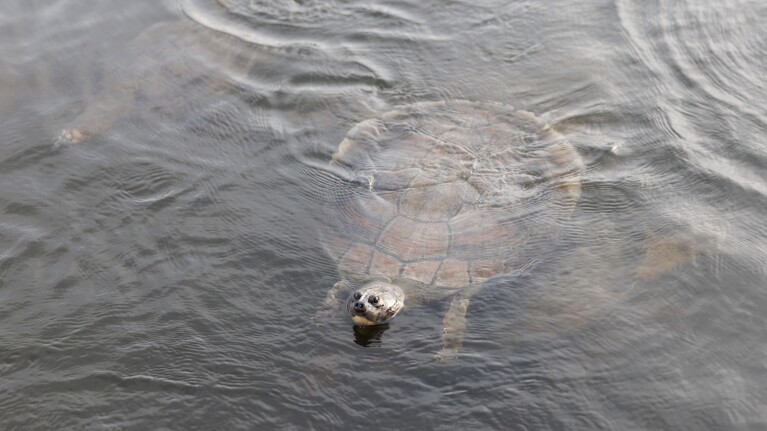
Government services and conservation
Governments provide access to a number of services and resources online. With connectivity, citizens in remote areas will be better able to interact with government agencies and access information quickly and conveniently. Improved capabilities for conservation can also benefit wildlife. For instance, conservationists can use more reliable internet access to expand use of remote security cameras, monitor animals’ habitats, and quickly respond to threats like poachers. Better connectivity would also enhance collaboration among researchers on conservation strategies.
These are just some of the ways we believe satellite internet can be transformative in South America, but there are many more applications for consumers, businesses, and governments alike, such as precision agriculture, support to emergency services and disaster relief, crew welfare at remote sites, and connecting supply chains. Our goal is for millions of people across South America to benefit from the high-speed internet access Project Kuiper and partners like DIRECTV Latin America and Sky Brasil will make possible, and we’ll continue our push to connect more communities around the world. Learn more about Project Kuiper and check out our open roles.


